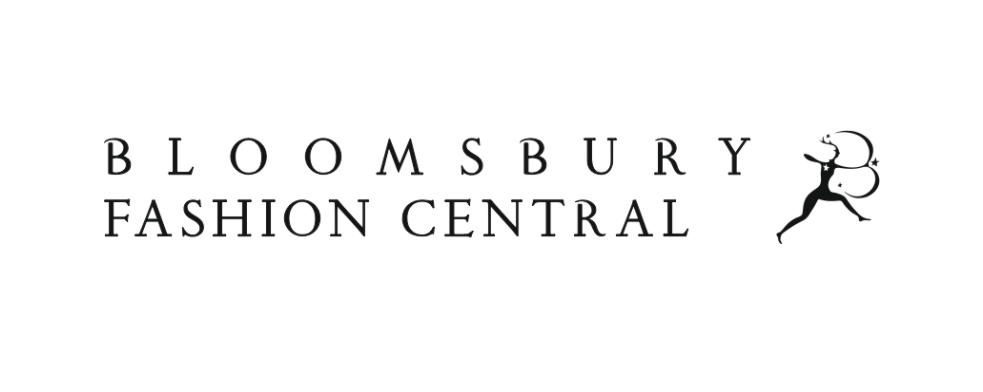Abstract
This case explores how Allbirds, a direct-to-consumer (D2C) ethical footwear brand was founded, its growth from 2016 to 2020, and how it may continue to expand in the future. In 2016 the brand gained B-corporation status, meaning it meets the highest standards of verified social and environmental performance, public transparency, and legal accountability to balance profit and purpose. As a D2C brand, it sells online without employing a more traditional wholesale model. The brand, now headquartered in San Francisco, achieved sales of more than a million pairs in the first two years. Its marketing and brand management challenge is now how should it expand, both in the US domestic market and internationally. Critical factors in the brands journey are explored; the relevance of the D2C business model in today’s brand-scape, the challenges of international expansion in Europe and China, the threat of counterfeits, product line management, and its marketing communications mix. Key marketing frameworks are outlined in the exploration of central business questions, and their application prompts critical discussion and analysis that could inform future recommendations. This study includes pre- and post-pandemic data, and readers are encouraged to consider how the brand may continue to grow post-pandemic.

